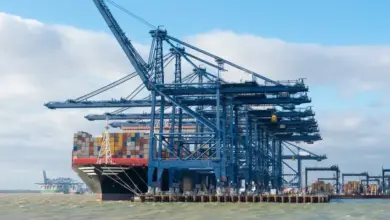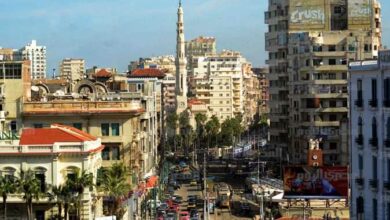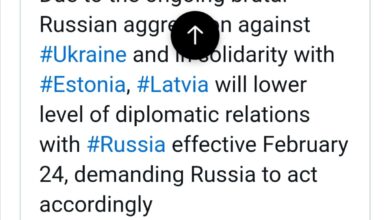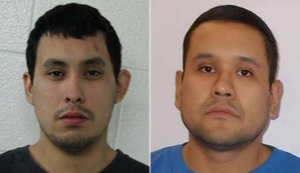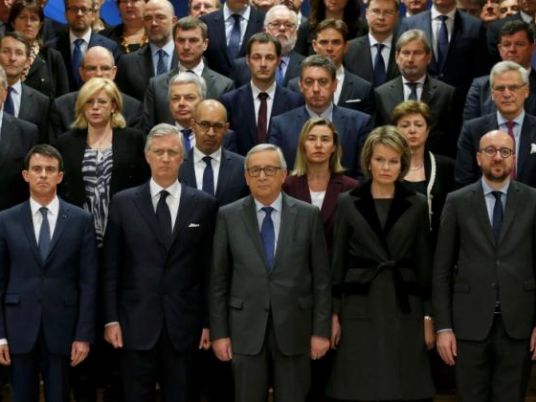
Belgian police have identified a prime suspect in Tuesday's Brussels blasts and two suspected suicide bombers, linking them directly to Islamic State militants behind last November's Paris attacks, Belgian media reported on Wednesday.
Najim Laachraoui, 25, is believed to be the man seen on CCTV pushing a baggage trolley alongside the bombers and then running out of the Brussels airport terminal.
Earlier some media reported that he had been captured in the Brussels borough of Anderlecht, but they later said the person detained was not Laachraoui.
Police and prosecutors refused immediate comment but the federal prosecutor was due to hold a news conference at 1200 GMT.
The death toll in the attacks on the Belgian capital, home to the European Union and NATO, rose to at least 31 with some 260 wounded, Health Minister Maggie De Block said on VRT television. It could rise further because some of the bomb victims at Maelbeek metro station were blown to pieces and victims are hard to identify.
One of the suspects seen on CCTV pushing baggage trolleys at Brussels airport just before the explosions was identified as Brahim El Bakraoui, public broadcaster RTBF reported. It said his brother, Khalid, blew himself up on the metro train.
Both had criminal records for armed robbery but had not previously been linked by investigators to Islamist militants.
Laachraoui is wanted in connection with the Paris attacks. His DNA was found on at least two explosives belts used in those attacks and at a Brussels hideout used last week by prime Paris suspect Salah Abdeslam, who was arrested last Friday after a shoot-out with police.
RTBF said Khalid El Bakraoui had rented under a false name the apartment in the city's Forest borough, where police hunting Abdeslam killed a gunman in a raid last week. He is also believed to have rented a safe house in the southern Belgian city of Charleroi used to mount last November's Paris attacks.
The Syrian-based Islamist group claimed responsibility for Tuesday's attacks, four days after Abdeslam's arrest in Brussels, warning of "black days" for those fighting it in Syria and Iraq. Belgian warplanes have joined the coalition in the Middle East, but Brussels has long been a center of Islamist militancy.
Security review
The attacks sent shockwaves across Europe and around the world, with authorities racing to review security at airports and on public transport, and rekindled debate about European security cooperation and police methods.
Prime Minister Charles Michel canceled a trip to China and convened his inner cabinet to discuss security. Belgium observed a nationwide minute's silence at noon (1100 GMT). King Philippe, the premier and European Commission President Jean-Claude Juncker attended a memorial event at Commission headquarters.
More than 1,000 people gathered around an improvised shrine with candles and street paintings outside the Brussels bourse.
The Brussels blasts fueled political debate across the globe about how to combat militants.
"We can and we will defeat those who threaten the safety and security of people all around the world," said US President Barack Obama.
Police searched an apartment in the northern Brussels borough of Schaerbeek late into the night, finding another bomb, an Islamic State flag and bomb-making chemicals.
Local media said authorities had followed a tip from a taxi driver who may have driven the bombers to the airport.
An unused explosive device was later found at the airport and a man wearing a light-colored jacket and a hat, believed to be Laachraoui, was seen running away from the terminal after the explosions.

